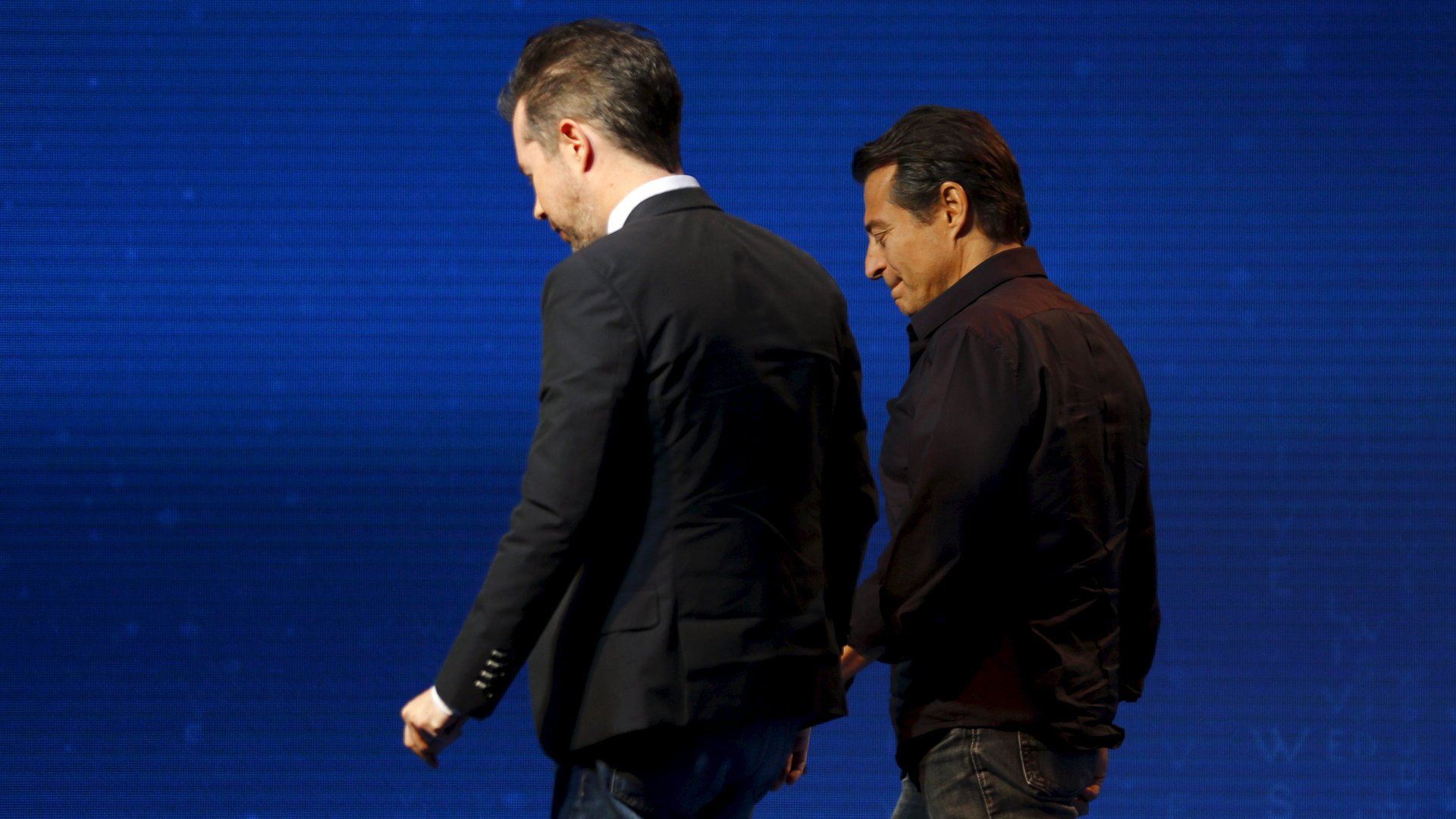Google’s venture finance arm has been pulling back from the earliest investment rounds
GV, the unit of Alphabet formerly known as Google Ventures, has all but stopped investing in startups at their most nascent stage.


GV, the unit of Alphabet formerly known as Google Ventures, has all but stopped investing in startups at their most nascent stage.
According to data from research firm CB Insights, GV completed no seed-stage deals in the first half of this year, down from 10 such deals last year. That represented a 77% drop from the number of deals it did in 2014. Here are GV’s seed-stage deals charted:
GV’s former chief executive and co-founder, Bill Maris, stepped down after an eight-year tenure on Aug. 11, putting David Krane, a former Google public relations chief, in charge. Maris, 41, told Recode he was leaving because “everything is great” and that he wanted to spend more time with his 11-month-old son and wife.
Maris told the Wall Street Journal in December that he was cutting fewer checks at the seed stage because he thought that market was overheated. He also said that he was mystified by the reluctance of some portfolio companies to avoid a stock market flotation. “They would benefit from the rigor and discipline that the public market requires,” he told the Journal (paywall).
Maris’ exit is just the latest in a trio of departures by top executives at Alphabet, all of them in charge of units that the tech conglomerate describes as “Other Bets” in its reports to investors. Alphabet reorganized itself last October in order to separate Google’s business from its other units, which included GV, smart home appliance company Nest, its self-driving car project, and others. Both the chief executive of Nest, Tony Fadell, and the technical leader of Google’s car project, Chris Urmson, have departed in the last two months.
GV is not Alphabet’s only investment unit. Google Capital was formed in 2013 to make investments into more mature companies. Google itself has opened its purse to make direct investments in companies like secretive augmented reality firm Magic Leap and commercial space technology firm SpaceX, according to CB Insights.